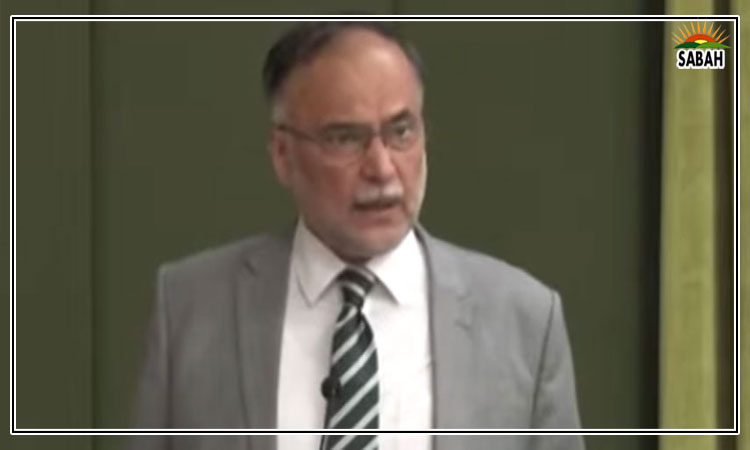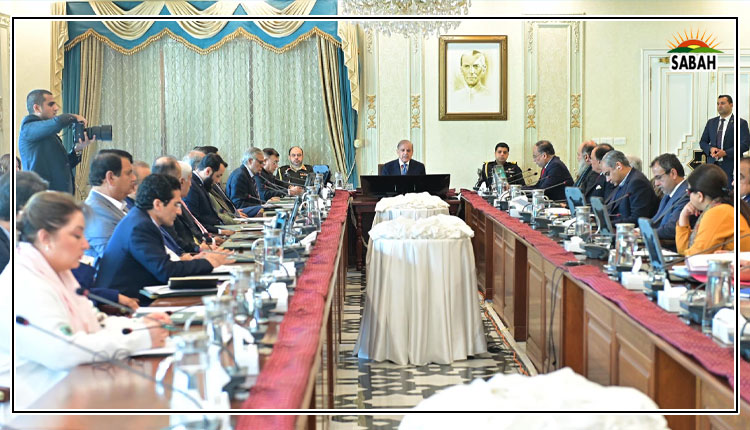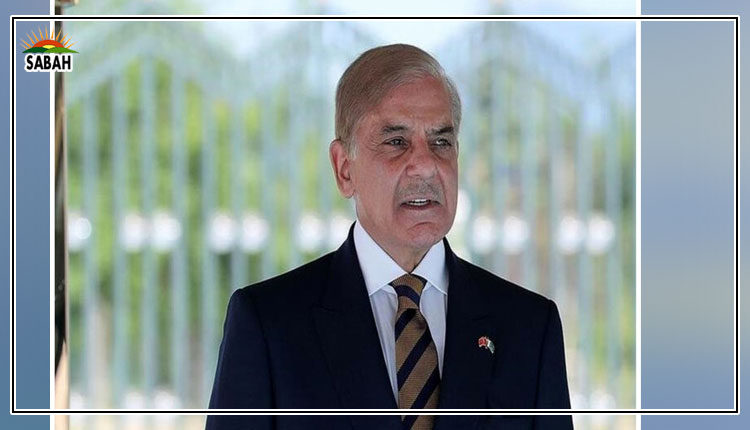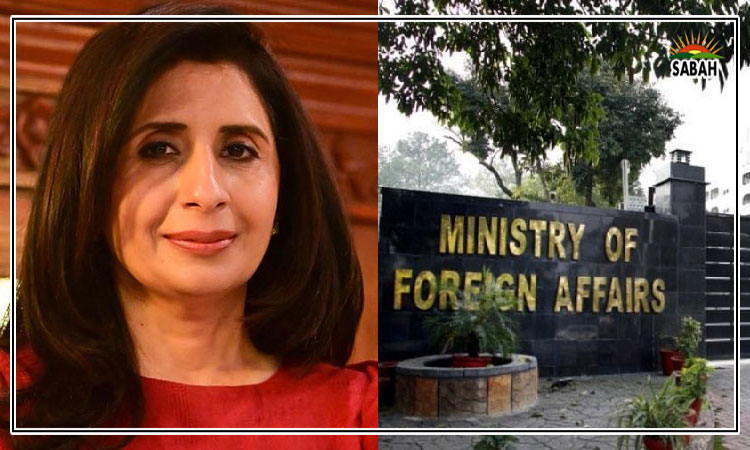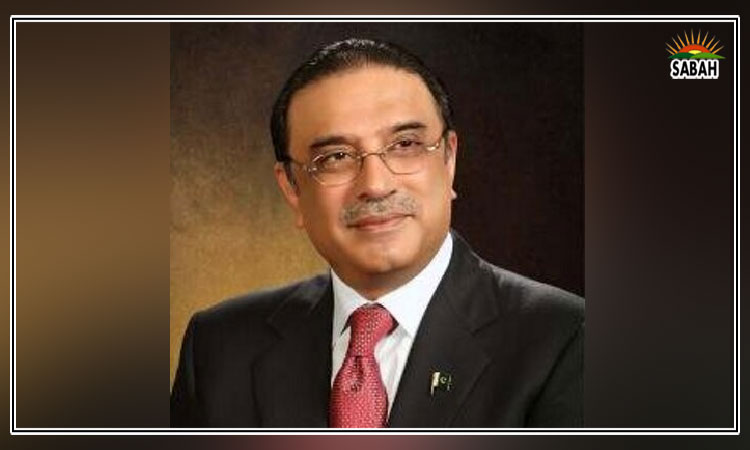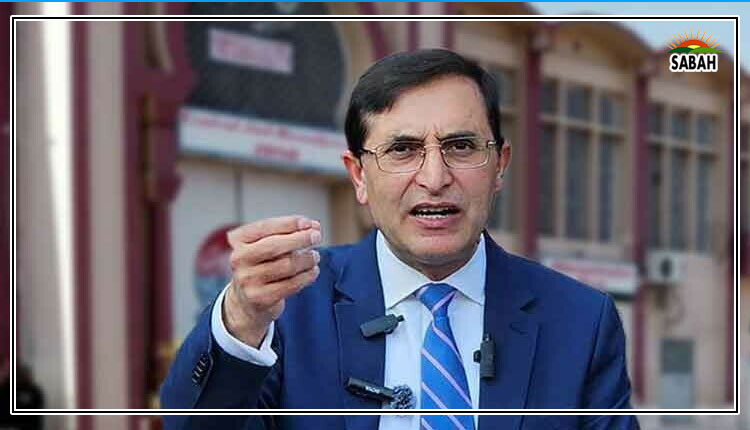South Asia at the crossroads: responding to global flashpoints۔۔۔۔Farwa Aamer
In a world defined by seismic geopolitical shifts, South Asia now stands at the forefront of international discourse, compelled to respond actively to global events rather than observe from the sidelines. This transformation is intricately linked to the region’s historical journey and its contemporary challenges. Recent global crises, such as Russia’s war against Ukraine and the Israel-Hamas conflict, have illuminated South Asia’s vulnerabilities, urging a strategic and diplomatic recalibration in the face of international contests.
South Asia carries a profound history of enduring the consequences of global conflicts. It played a pivotal role during World War II and was subsequently reshaped by the tumultuous events of the 1947 Partition. These historical chapters serve as poignant reminders of how global forces have indelibly influenced South Asia’s destiny.
More recently, the Ukraine conflict again underscores how global geopolitics can have far-reaching effects on South Asia. The implications extend from concerns about food security to the risks of social unrest and economic vulnerabilities due to inflation and supply disruptions. South Asian nations, particularly India and Pakistan, show diplomatic finesse in handling the Ukraine conflict in ways that allow them to balance their relationships with Russia, the United States as well as other Western nations. The governments are working to maintain a strategic and diplomatic equilibrium in a complex international landscape.
While the Israel-Hamas conflict is also geographically distant from South Asia, it resonates deeply in the region because support for the Palestinian cause runs strong, with nations like Pakistan and Bangladesh unequivocally voicing their solidarity. India walks a diplomatic tightrope, maintaining relations with both Israel and Palestine given the multifarious nature of India’s growing strategic interests in the Middle East. Nepal has condemned terrorism and emphasised upholding international norms in its foreign relations. Sri Lanka, having experienced its own journey towards peaceful coexistence among diverse communities, urged Israeli and Palestinian leaders to show restraint and prevent civilian casualties.
Despite varying perspectives on the conflict within the region, there is a predominant consensus when it comes to the fundamental tenet of the Israel-Palestine issue: unwavering support for the two-state solution.
Beyond the realm of diplomacy, South Asia grapples with various socio-economic and security implications arising from these global events. One of the most pressing challenges stems from the intricate web of global trade. South Asian economies have become increasingly intertwined with the Middle East, fostering substantial trade relationships. Consequently, any disruptions in these trade flows, which could arise from the ongoing conflict, have the potential to significantly impact South Asia’s economy.
Moreover, the Middle East serves as a critical transit route for energy resources, and instability in the region could disrupt energy supplies and trade for South Asia. The ongoing conflict also threatens to hinder the recently announced India-Middle East-Europe Economic Corridor project. The envisioned normalisation of ties between Israel and Saudi Arabia, a critical element of this new corridor, has reportedly been suspended. These developments highlight the challenges that South Asia faces in safeguarding economic interests and regional growth.
Furthermore, South Asia cannot isolate itself from the stability and security concerns emerging from international disputes and emergencies. With a significant diaspora residing abroad, including in the Middle East, the well-being of these expatriates is of paramount importance. As demonstrated during the current Israel-Hamas conflict, where ten Nepali nationals tragically lost their lives and other South Asians continue to face threats, governments in the region must persist in their diplomatic initiatives and other measures to ensure the safety of their citizens abroad.
South Asia’s mosaic of faiths, particularly its significant Muslim and Hindu populations, also considerably shape any regional stance on global conflicts like the Israel-Hamas crisis. This diversity results in a wide spectrum of viewpoints, complicating the political picture. Moreover, as the conflict intensifies, an upsurge in pro-Palestinian — or even pro-Israel — protests within South Asia could potentially lead to violence, raising legitimate concerns about internal security.
Additionally, if the conflict were to extend to nearby Iran, it could introduce an elevated level of regional instability. South Asia would likely experience heightened security concerns due to Pakistan’s and Afghanistan’s borders with Iran. The risk of spillover effects, including potential refugee influxes and increased radicalisation, would be of particular concern in this scenario.
As the world contends with conflicts in Ukraine and Gaza, South Asia must enhance its capacity for dealing with global crises. Diplomacy, economic diversification and security preparedness are vital for navigating these complex situations. South Asia’s strategic interests are undeniably influenced by developments beyond its borders, and with a forward-thinking approach, the region can adeptly traverse the aftermath of global conflicts while also promoting a more harmonious and stable world.
Courtesy The Express Tribune, November 3rd, 2023.



